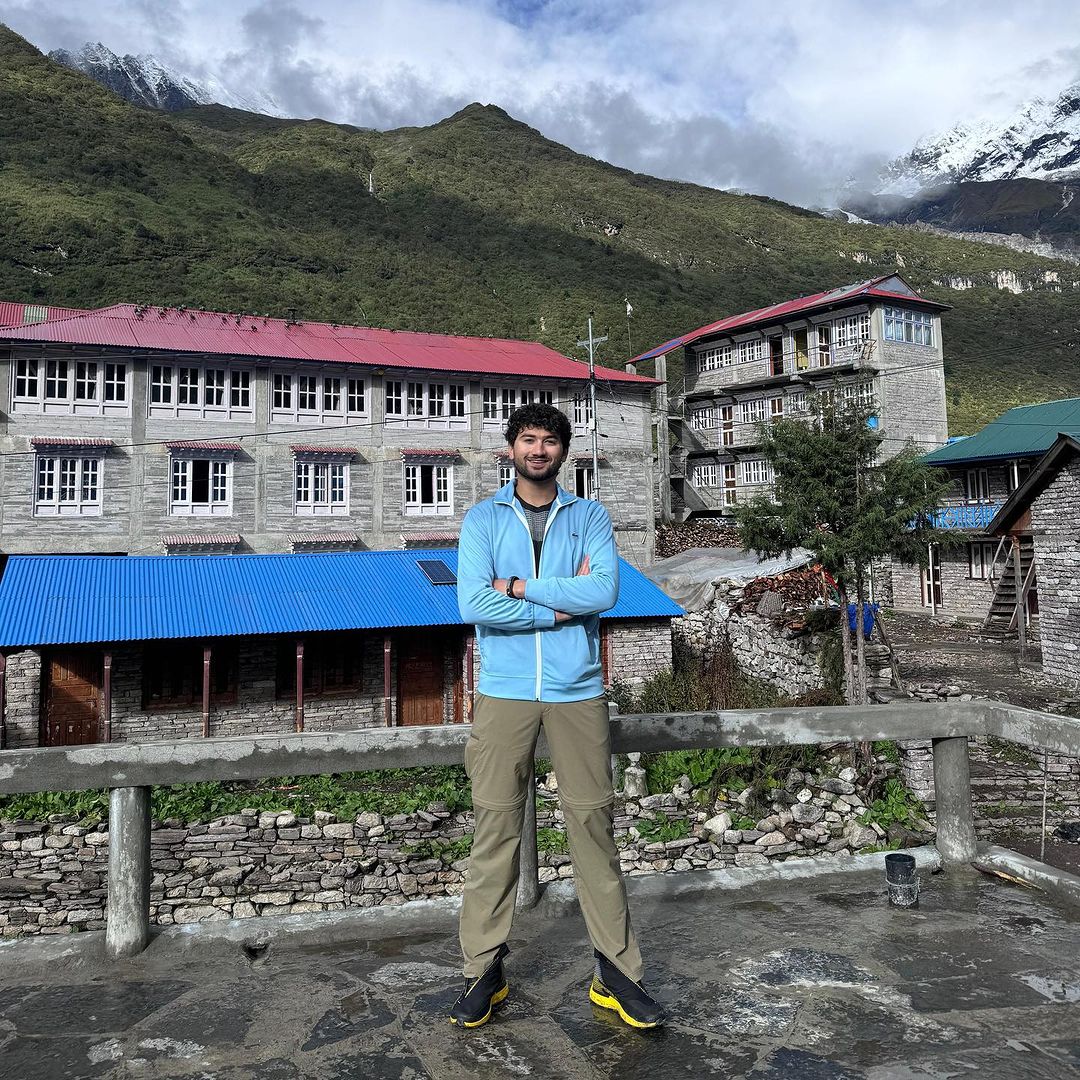ISLAMABAD: Two top Chinese military officials highlighted their country’s “unfettered commitment” to standing in solidarity with Pakistan, the Inter-Services Public Relations (ISPR) said on Saturday, as they met with Chairman Joint Chiefs of Staff Committee General Sahir Shamshad Mirza during his visit to Beijing.
China and Pakistan’s strategic partnership, rooted in decades of close ties, has expanded beyond defense cooperation to encompass infrastructure development and regional connectivity. Through projects like the China-Pakistan Economic Corridor (CPEC), the administration in Beijing has bolstered Pakistan’s economy by billions of dollars of investment.
Simultaneously, Pakistan remains firmly committed to the One-China policy, underscoring its support to Beijing on key issues like Taiwan and Tibet, while China continues to deepen its defense ties with Pakistan, to serve mutual security interests.
“General Sahir Shamshad Mirza ... on an official visit to [the] People’s Republic of China held separate meetings with General He Weidong, Vice Chairman of the Central Military Commission (CMC), and General Liu Zhenli, Chief of CMC Joint Staff Department, and delivered a talk in 11th Beijing Xiangshan Forum on the Role of Pakistan toward regional peace and stability,” the ISPR said.
It informed that both sides appreciated the deep and historic relationship between Pakistan and China in multiple domains and acknowledged progress related to bilateral strategic and defense cooperation.
“The Chinese leadership ... reaffirmed their unfettered commitment to support Pakistan on its territorial integrity and sovereignty,” the ISPR added.
Just a day ago, the Pakistani general told a major forum in Beijing that CPEC was not just beneficial for his country’s economy but also a “stabilizing force” for South Asia.
He also maintained that the strategic cooperation between the two countries was “a cornerstone for peace and stability” for a region fraught with security challenges.
Chinese military officials vow ‘unfettered commitment’ to Pakistan in meeting with top general
https://arab.news/wahsx
Chinese military officials vow ‘unfettered commitment’ to Pakistan in meeting with top general

- General Sahir Shamshad holds separate meetings with the top officials of China’s Central Military Commission
- The Chinese generals acknowledge progress related to bilateral strategic partnership and defense cooperation



















